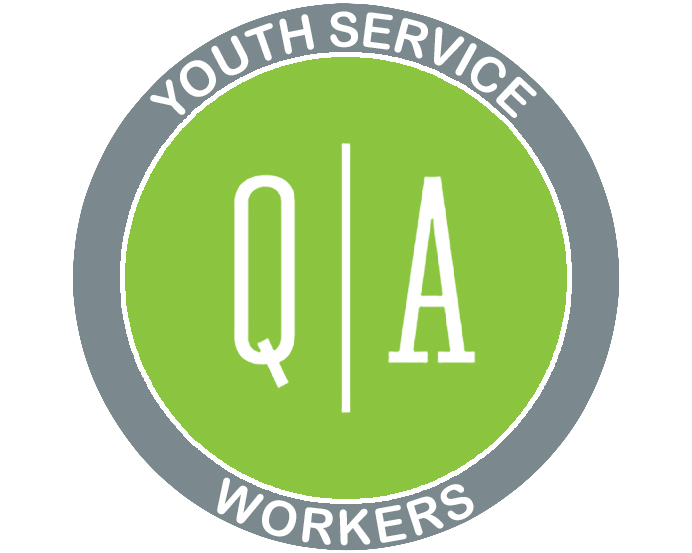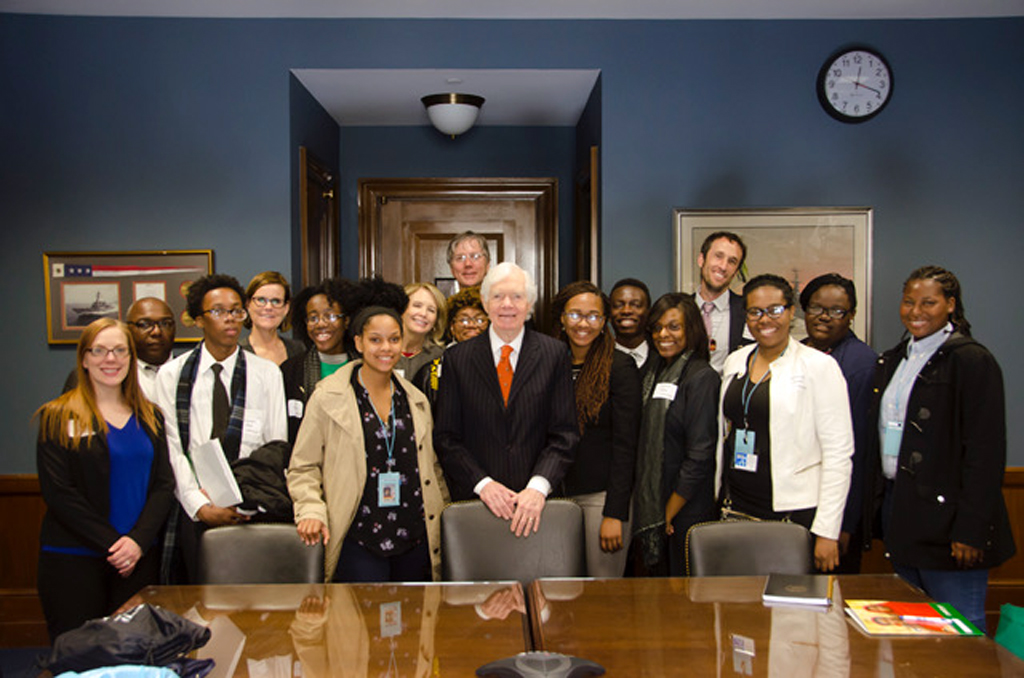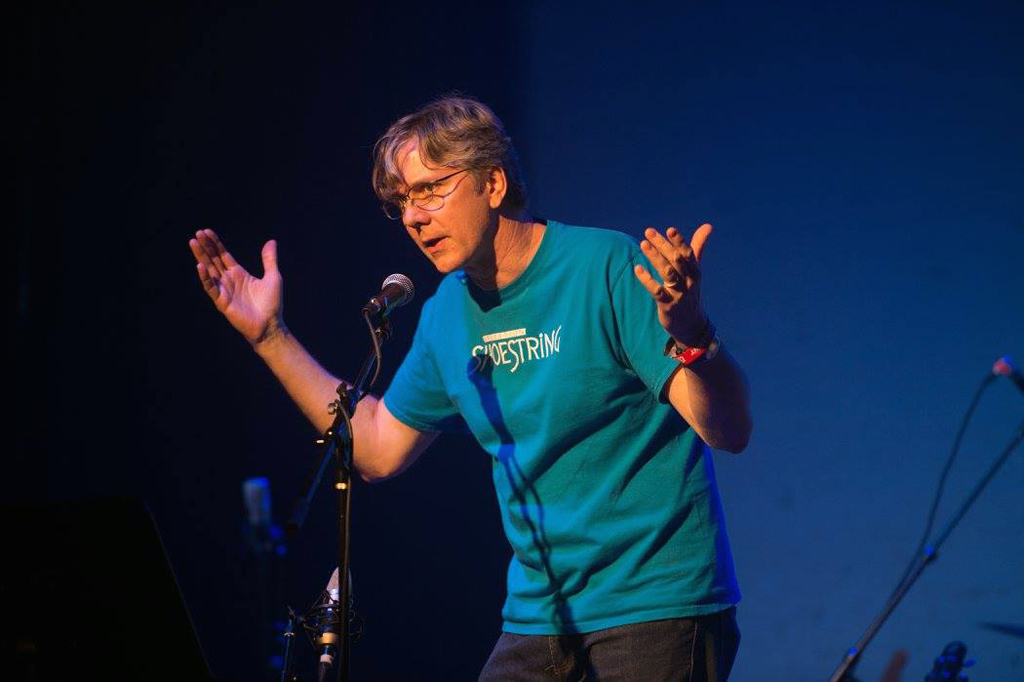Robert Langford is executive director of Operation Shoestring in Jackson, Mississippi. It offers after-school and summer programs plus offers services directly to families. OST Hub editor Sara Hill asked him a series of questions about his work. His answers have been lightly edited for length.
Q: How did you get into the youth field?
A: Twenty-three years ago I started working at Operation Shoestring as a communications coordinator. I have an undergraduate degree and a master’s in history and I thought I would become a history teacher. I decided I was much more interested in community work, even though I didn’t quite know what what it meant. As a native Mississippian I was keenly aware of the disparities between economics and race and religion and politics. This organization has its roots in the civil rights movement of the 1960s, and that attracted me to it.
Q: What did you learn that you wish you knew from the start of your career?
 A: That it’s real important to plan, to begin with the end in mind. To pay attention to and listen to the self-articulated needs of the families and youth you serve. Look at the data, and design and run programs that are quantifiably impactful, and know that there are a lot of ways to make it happen. That evaluation doesn’t have to be that big old scary thing, and it’s important to find out what works and what doesn’t and then modify your program based on that information.
A: That it’s real important to plan, to begin with the end in mind. To pay attention to and listen to the self-articulated needs of the families and youth you serve. Look at the data, and design and run programs that are quantifiably impactful, and know that there are a lot of ways to make it happen. That evaluation doesn’t have to be that big old scary thing, and it’s important to find out what works and what doesn’t and then modify your program based on that information.
Q: What are the biggest changes you’ve seen in the youth field?
A: One is the increased focus on demonstrating quantifiable impact of programs. Also, I’ve seen an increasing focus on professional development of staff, and how vital that is to yielding good outcomes for the kids you serve and for the organization. It’s also increasingly important to have a diverse group of supporters and investors in the work. Lastly, you need consistency of messaging, what you’re doing and why you’re doing what you’re doing.
Q: How have you handled change?
A: We’ve gone through various iterations of how we do evaluation, and we’ve learned a lot about how not to do evaluations. We’ve learned some humility from evaluations that came back with findings that we didn’t want to see, but we used the information and fed it back into the program to improve what we’re doing. As an organization we’ve had to change our organizational culture to see the value of evaluation. Two decades ago, we didn’t put any resources into it, but now we allocate more for it in the budget.

Sen. Thad Cochran of Mississippi posed with Operation Shoestring youth ambassadors on a trip to Washington in March 2017.
As far as professional development, it continues to evolve. We’re doing a lot of training on how to work together well, and we’re being very intentional about issues of equity, anti-racism and golden rule values. Staff also go to conferences, do regular trainings, whether by a consultant or state licensing organization. We also do a lot around leadership.
When I first came here there was little marketing until 10 years ago, [when] we worked with an ad/branding firm to inform our marketing and communications strategy. It helped us understand who we were as an organization, and we developed some strategies and executed them, highlighting the opportunities and challenges, identifying the issues that create the need for our work and advocating on behalf of the issues that we felt were important.
Q: What are your dreams and/or future aspirations?
A: We got on the radar screen of the Afterschool Alliance, and were invited to help develop a statewide after-school network. There are networks in every state with the exception of Mississippi. We’re functioning as the backbone organization in the state. In the future we want to ensure that there’s more quality summer and after-school programming, that it yields better outcomes for parents and kids. We also hope to see more state dollars invested in programs. In our current economic climate in Mississippi we don’t see that happening tomorrow, but as the state’s fortunes improve over time, we hope that the state will see the value of after-school and summer programs, and invest more resources.
Q: What’s some advice you would give someone entering the field?
A: Look around and see who is doing work that is really making a difference, that speaks to your heart. Try to discern how they make that happen, and how their approach to doing impactful work can be adapted in your own community. Be tenacious and be courageous, and believe that you can make a difference in a kid’s, family’s and community’s life. You can do cool and impactful things in the out-of-school time space.






























